India, Brazil, South Africa Push For Efforts To Al-Qaeda, ISIS, LeT
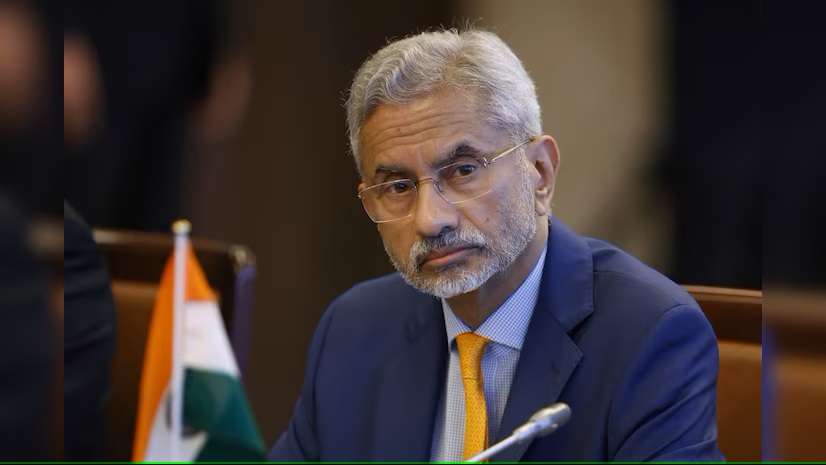
- Each of the three nations is a developing nation that is pluralistic, multi-cultural, multi-ethnic, multilingual, and multi-religious.
- IBSA nations are actively involved in and influence the ongoing global discourses on development, SDGs, poverty eradication, multilateralism, and South-South cooperation.
On Thursday, the 79th Session of the United Nations General Assembly in New York was attended by External Affairs Minister S Jaishankar, Brazil’s Minister of Foreign Affairs Mauro Vieira, and South Africa’s Minister of International Relations and Cooperation, Ronald Lamola.
According to a press release from the Ministry of External Affairs, the ministers advocated for collective action against all terrorist entities and individuals designated by the United Nations, such as Al-Qaeda, ISIS/Daesh, Lashkar-e-Tayyiba (LeT), Jaish-e-Mohammad (JeM), and other affiliated proxy groups, during the meeting.
“The ministers called for concerted actions against all UN-listed terrorists and terrorist entities, including Al-Qaeda, ISIS/Daesh, Lashkar-e-Tayyiba (LeT), Jaish-e-Mohammad (JeM), other proxy groups and their facilitators,” according to the joint statement released following the IBSA meeting of Ministers of Foreign Affairs”. The Ministers reaffirmed their commitment to intensifying their collaborative efforts to ensure the rapid adoption of the Comprehensive Convention on International Terrorism in the UNGA.”
The joint declaration additionally stated, “The ministers looked forward to further deepening counter-terrorism cooperation and reaffirmed the sole authority of the UN Security Council for imposing sanctions and called for urgent reform of the working methods of UN Security Council Sanctions Committees to ensure their effectiveness, responsiveness and transparency while avoiding politicisation and double standards of any of their proceedings including listing proposals objectively on evidence-based criteria.”
The ministers also condemned terrorism in all of its forms and manifestations, regardless of the location or perpetrator. They agreed that terrorism is a global scourge that must be combated and that terrorist safe havens must be eliminated in all regions of the world.
The ministers reiterated the necessity of conducting the fight against terrorism with the utmost respect for international law, particularly the Charter of the United Nations and international human rights law.
They urged the international community to establish a comprehensive international counterterrorism framework that adheres to the principles of international law and to endorse the United Nations’ central coordinating role in international counterterrorism cooperation.
They emphasized the obligation of all states to prevent and combat terrorism, which encompasses the financing of terrorist networks, the cross-border movement of terrorists, and terrorist actions conducted from their territories.
BSA is a distinctive forum that unites South Africa, Brazil, and India. Each of the three nations is a developing nation that is pluralistic, multi-cultural, multi-ethnic, multilingual, and multi-religious. In 2003, the Foreign Ministers of the three countries convened in Brasilia to formalize the grouping and name it the IBSA Dialogue Forum.
At the same time, Jaishankar shared a post on X regarding the IBSA meeting, stating, “Today, I had the opportunity to attend a productive IBSA Foreign Minister’s meeting with FM Ronald Lamola and FM Mauro Vieira.” IBSA nations are actively involved in and influence the ongoing global discourses on development, SDGs, poverty eradication, multilateralism, and South-South cooperation. We hold similar perspectives regarding the reform of the United Nations system and its Security Council. As these debates become more pressing, our consultations should become more intense.


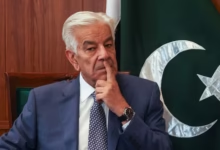
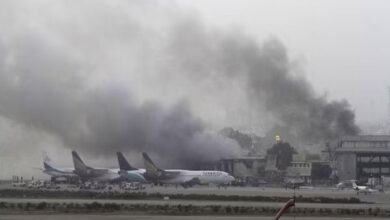
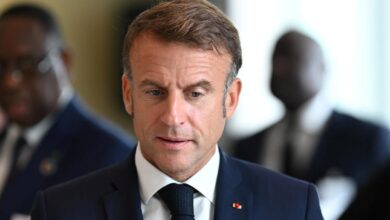
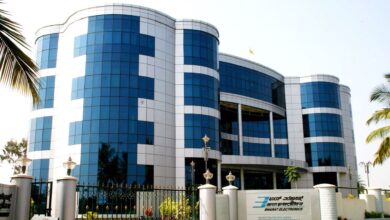
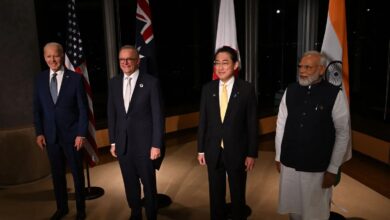
Facebook Comments